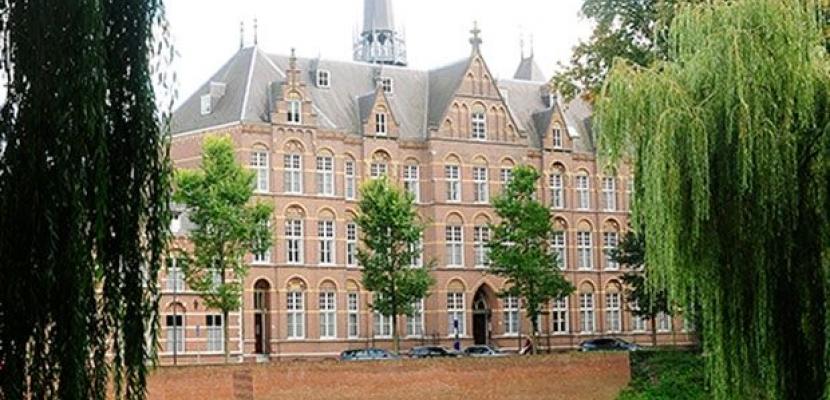Image

Mariënburg: repurposing religious heritage for education and housing
Published on 03 April 2020

Netherlands
This is the good practice's implementation level. It can be national, regional or local.
About this good practice
The reason for redevelopment of the monastery is linked to the increasing secularization, that is a worldwide phenomenon, in turn leading to questions about adaptive reuse of religious heritage. Since much of (former) religious buildings can be a burden on a city and space is limited within the urban environment, the municipality looked at the possibility to maintain the building, while repurposing it to current needs. By accommodating a graduate school in the building, combined with student housing, the education function that was linked to the monastery in its heyday has returned to the inner city of ‘s-Hertogenbosch. By repurposing the building, current needs (student housing and education in data science) have been accommodated. In this way, the project not only profits the investor, but helps to revitalise a part of the city by bringing in students, increases social security by adding “extra eyes” to the area and maintains an iconic building for future generations. In this case, several stakeholders can be identified: the former congregation, who wanted to sell the building, the investor that bought the building and financed the redevelopment, both Tilburg and Eindhoven University, that are “knowledge partners” in charge of education and the municipalities of ‘s-Hertogenbosch, Eindhoven and Tilburg for the combined (student) housing solution. The redevelopment of Mariënburg itself has been added to policy documents, such as urban plans and the cities heritage vision.
Expert opinion
The practice is about adaptive reuse of religious heritage and in particular allocating new educational uses to it. The practice can provide helpful insight to other city authorities with abandoned religious buildings/monasteries aiming to find new purpose for such heritage while considering the history of the site as well as the city developments. The learning element is also in the fact that the financial risks are borne by a private party (the investor) having the ownership and being responsible for the exploitation of the site, while the municipality and university are involved as “knowledge partners”. It is important to mention that the intervention brought benefits such as opening of a former closed-off area of the city for cultural tourism development. The practice has transferability potential, but religious buildings have strong bond with collective memory, an aspect that needs to be taken into account when new uses for such buildings are defined.
Resources needed
Exploitation and ownership is in hands of private parties. In this way, the financial risk of this project for the municipality is mitigated. A total of appr. 60 million euros was needed for the project.
Evidence of success
Redevelopment of the monastery had an strong impact on safeguarding the monument, preserving a significant building, as well as bringing out (hidden) historical elements as terrazzo floors and sculpted ceilings. Since the monastery complex is now hosting a graduate school and housing facilities for 160 students, new heating systems and better isolation had to be installed reducing the environmental impact of the building. It is an impulse for the city exploitation through (heritage) tourism.
Potential for learning or transfer
1. Repurposing religious heritage to current needs
2. Restoring built heritage values
3. Opening up a former closed-off area of the city for exploitation through (heritage) tourism
The project focusses on urban rejuvenation through repurposing a former religious stronghold to fit the current needs of city and education institutions. By having both ownership and exploitation done by private parties, the financial risks are mitigated, while safeguarding the (visible) heritage values of the cityscape. This type of redevelopment of oblique religious heritage can be exported, both locally and in the Netherlands, as well as worldwide. The only consideration with transferring this aspect is the different ways religion and religious heritage is viewed; this will likely lead to different forms of repurposing.
2. Restoring built heritage values
3. Opening up a former closed-off area of the city for exploitation through (heritage) tourism
The project focusses on urban rejuvenation through repurposing a former religious stronghold to fit the current needs of city and education institutions. By having both ownership and exploitation done by private parties, the financial risks are mitigated, while safeguarding the (visible) heritage values of the cityscape. This type of redevelopment of oblique religious heritage can be exported, both locally and in the Netherlands, as well as worldwide. The only consideration with transferring this aspect is the different ways religion and religious heritage is viewed; this will likely lead to different forms of repurposing.
Further information
Website
Good practice owner
You can contact the good practice owner below for more detailed information.
Organisation
other

Netherlands
Noord-Brabant